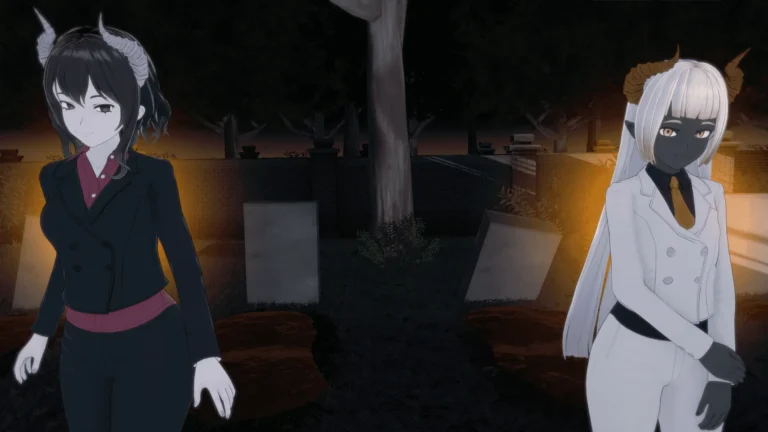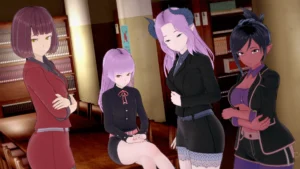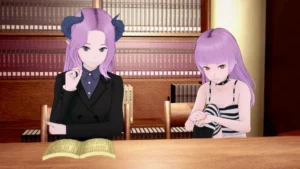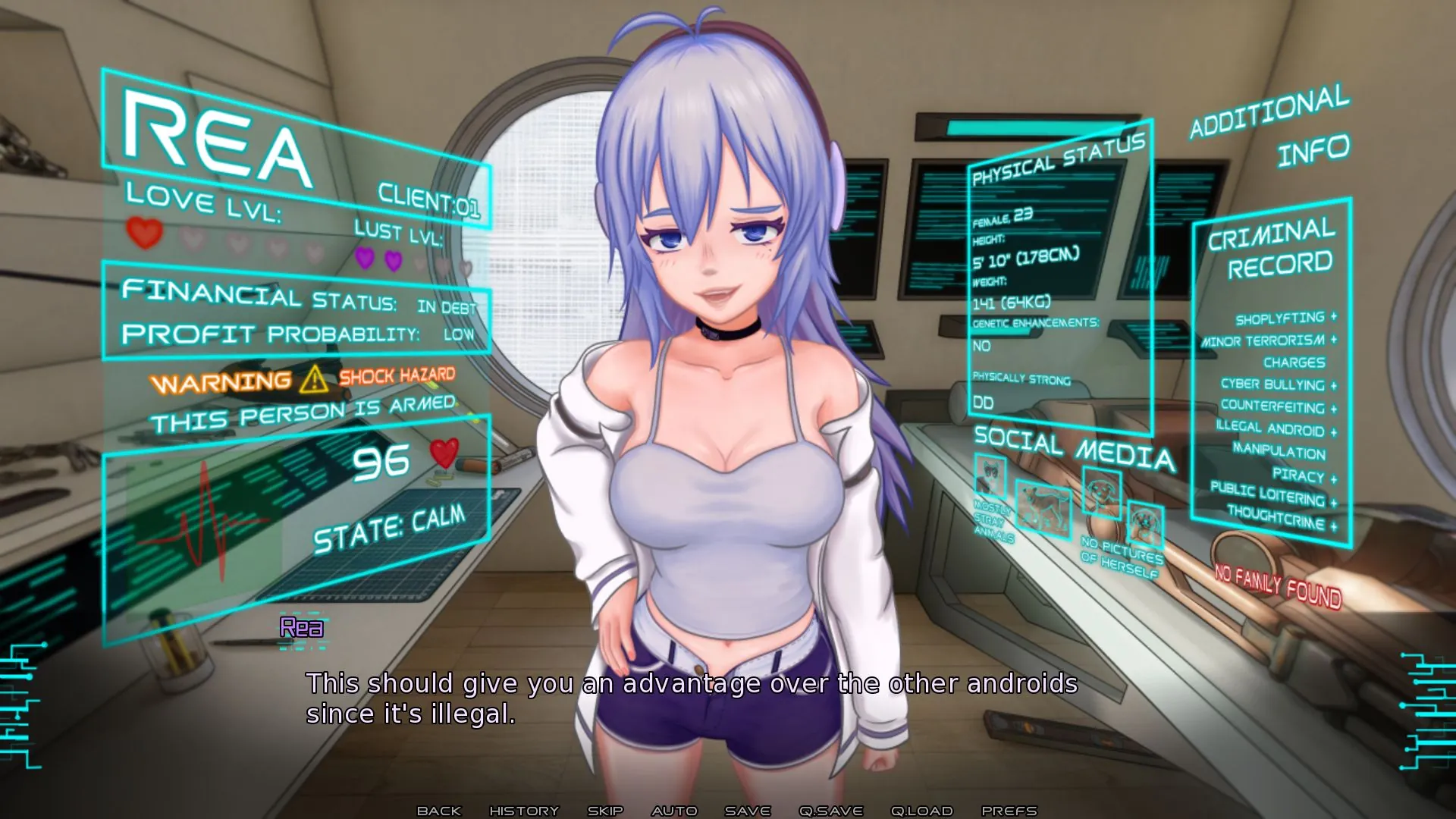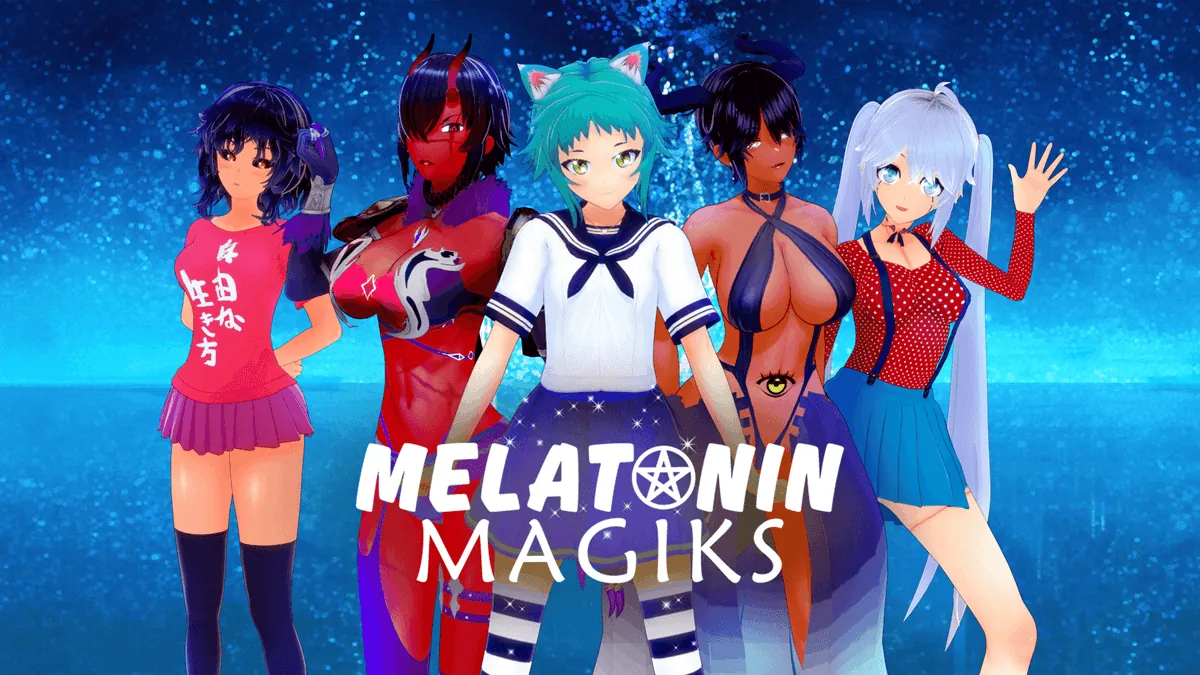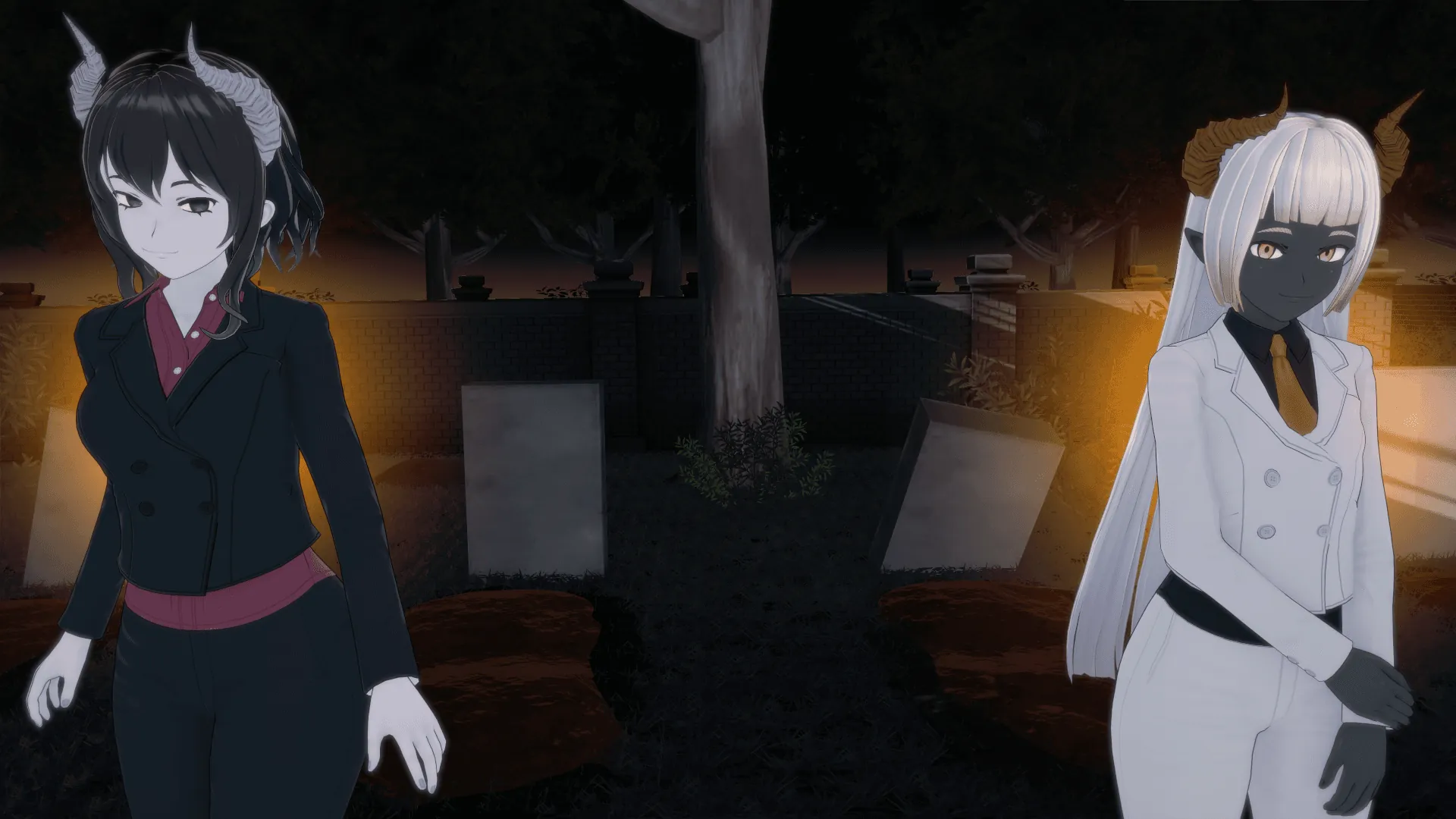
Demons of the Hearth
Play Demons of the Hearth
Demons of the Hearth review
Explore the unique features and immersive experience of Demons of the Hearth
Demons of the Hearth stands out as a captivating adult-themed interactive game that blends rich storytelling with engaging character development. This article dives into the core aspects of Demons of the Hearth, highlighting its gameplay, narrative depth, and player engagement. Whether you’re curious about its unique mechanics or the emotional connections it fosters, this overview offers a comprehensive look at what makes the game memorable and immersive.
Exploring the Gameplay and Story of Demons of the Hearth
Let me tell you about the first time I truly understood Demons of the Hearth gameplay. I was trying to convince a character named Elara to trust me, and I chose a dialogue option I thought was supportive. Her face didn’t just fall; her entire posture changed, she crossed her arms, and the conversation ended abruptly. I hadn’t just failed a check; I had genuinely hurt someone. That’s the magic of this game. It’s not about conquering worlds; it’s about navigating the delicate, often painful, world of human (and not-so-human) connection. 😮💔
The Demons of the Hearth story is the beating heart of this entire experience. You aren’t a chosen one destined to save the kingdom. You’re a broken individual, seeking refuge in a dilapidated manor that houses other lost souls, each grappling with their own literal and metaphorical demons. Your goal isn’t to defeat a great evil “out there,” but to help heal the darkness within these walls—and within yourself. It’s intimate, raw, and profoundly personal. ✨🏚️
What Makes Demons of the Hearth Unique?
If you’re fed up with games that promise deep narratives but deliver shallow interaction, you’ve found your new home. Demons of the Hearth gameplay stands apart by making every single interaction matter. The core loop isn’t combat or crafting; it’s conversation and empathy.
The most powerful weapon in your arsenal is a carefully chosen word, and the most valuable resource is trust.
I remember spending one entire gaming session just talking to Kael, the tormented artist, about his fears. We didn’t slay a single monster, but by the end, he finally agreed to pick up his brush again. I felt a sense of accomplishment that rivaled any boss fight I’ve ever won. This focus on emotional resolution over physical conflict is what defines the Demons of the Hearth story. It’s a narrative-driven experience that trusts its players to find engagement in quiet moments and difficult conversations. 🤝🎭
The atmosphere is another star of the show. The manor feels alive, creaking and shifting, with a soundtrack that perfectly underscores moments of tension and tenderness. You’ll find yourself pausing just to listen to the rain against the windowpanes, immersed in a world that feels both haunted and deeply comforting.
Character Development and Player Choices
This is where the game truly shines. The character development Demons of the Hearth focuses on is some of the most nuanced I’ve ever seen. Each resident of the manor has a layered history that unfolds not through exposition dumps, but through fragmented conversations, reluctant confessions, and their reactions to your player choices Demons of the Hearth.
For instance, do you push a character to confront a painful memory head-on, or do you give them space and time? There’s no “good” or “evil” choice here—only different paths to healing, each with its own consequences. Your decisions directly shape their personal growth, determining whether they learn to overcome their trauma or become further consumed by it. The player choices Demons of the Hearth are so impactful that I immediately started a second playthrough just to see how different my relationships could be. 🔄🌟
Central to this is the brilliant trust system Demons of the Hearth employs. This isn’t a simple meter that fills up. It’s a fragile, dynamic web of feelings.
- Building Trust: This happens through consistent, compassionate actions. Remembering small details they shared earlier and bringing them up, giving them a gift that aligns with their personality, or simply choosing to listen without judgment.
- Breaking Trust: One careless remark can undo hours of work. The game brilliantly shows the fallout not just through dialogue, but through changed behavior—a character who once greeted you warmly might now avoid eye contact.
This intricate trust system Demons of the Hearth creates makes every relationship feel earned and precious. It’s the core engine driving the incredible character development Demons of the Hearth is celebrated for.
Navigating the Game’s World and Mechanics
While the story is heavy, the mechanics are elegantly simple and designed to keep you immersed. A key tool for this is the journal system Demons of the Hearth provides. This isn’t just a quest log. It’s your character’s personal diary, filled with their thoughts, observations, and theories about the other residents.
Consulting your journal isn’t a chore; it’s like having a thoughtful conversation with yourself, helping you piece together the mysteries of the manor and its inhabitants.
It’s invaluable for tracking the subtle threads of each character’s personal journey and planning your next steps. 📖✍️
Then there are the side quests Demons of the Hearth weaves into the experience. Forget generic “fetch and return” tasks. Each side story is a deeply personal chapter for a specific character. Helping a resident find a lost heirloom isn’t about the object itself; it’s about uncovering the memories and trauma attached to it. Engaging with these side quests Demons of the Hearth offers is essential for achieving the most fulfilling endings for everyone involved.
To give you a clear overview of how these systems work together, here’s a breakdown:
| Gameplay Feature | Core Function | Player Impact |
|---|---|---|
| Trust System | Manages relationship depth with each character based on dialogue and action choices. | Unlocks new story branches, personal confessions, and determines final character outcomes. |
| Journal System | Serves as an in-character diary and clue tracker. | Helps players remember key story details, formulate theories, and make more informed choices. |
| Side Quests | Personal missions tied to a specific character’s emotional arc. | Provides deeper backstory, significantly boosts trust, and often unlocks unique scenes and endings. |
The community has passionately praised this design, and the developers have been listening. They’ve hinted at future updates that will introduce even more dynamic events within the manor based on the state of your relationships, pushing player immersion to new heights. 🚀❤️
Ultimately, the Demons of the Hearth gameplay loop of talk, listen, trust, and heal creates an unforgettable experience. It’s a game that stays with you long after you’ve put down the controller, challenging you to be more thoughtful not just in its world, but perhaps in your own. If you’re ready for a story that treats your intelligence and empathy as its primary mechanics, then you need to step inside the manor.
Demons of the Hearth offers a rich blend of storytelling and interactive gameplay that creates a deeply immersive experience. Its focus on character relationships, meaningful choices, and detailed world-building sets it apart in its category. For players seeking a game that combines emotional depth with engaging mechanics, Demons of the Hearth is a compelling choice. Dive in and explore the unique journey it offers—you might find it more captivating than expected.
